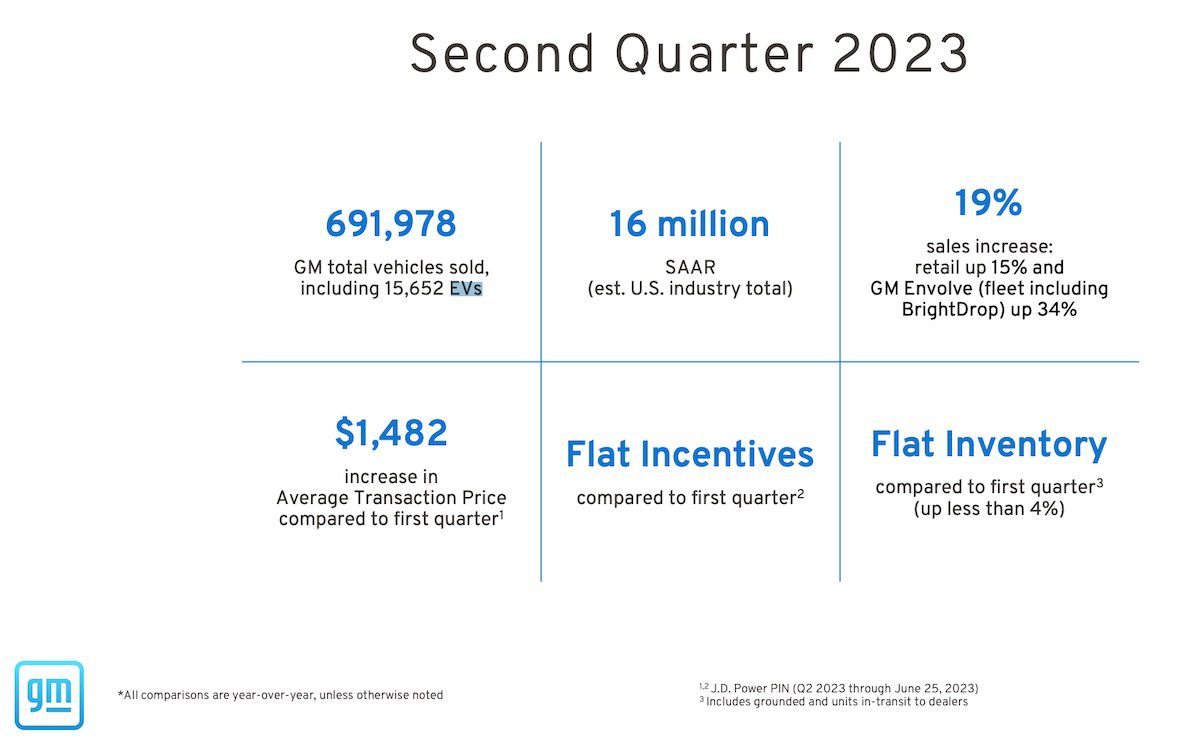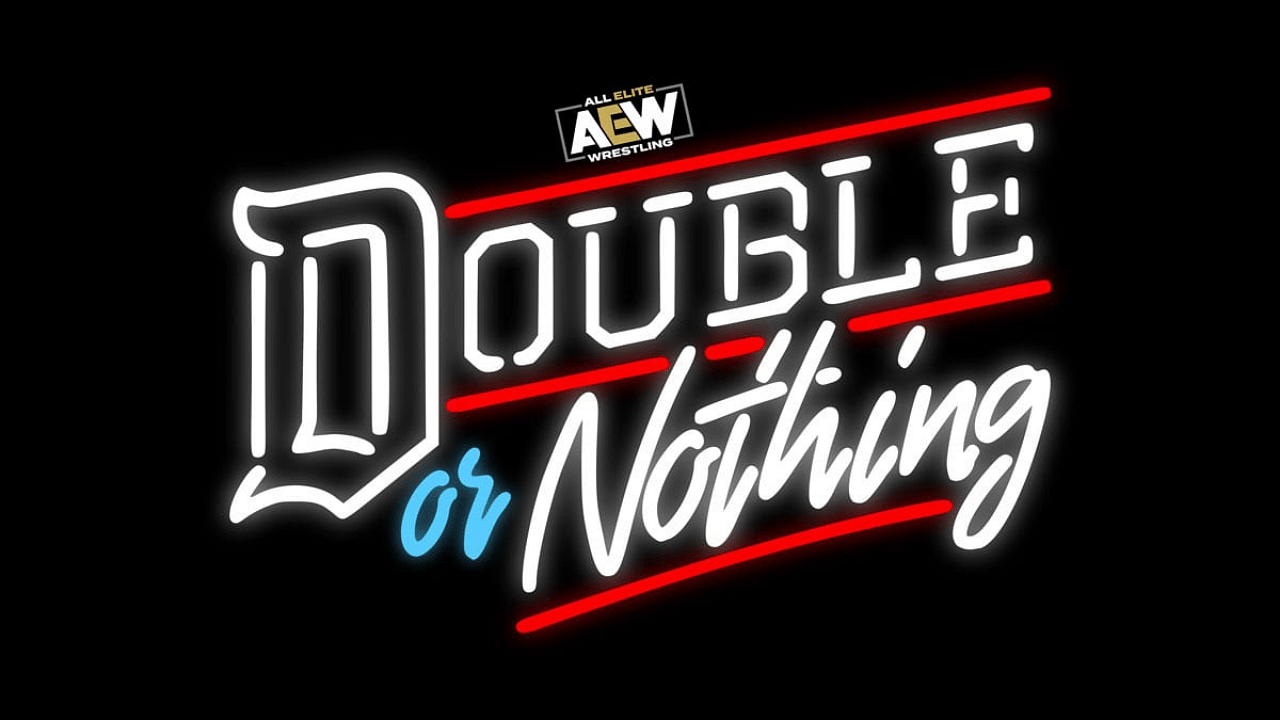Renewed Pushback From Car Dealers Against EV Sales Targets

Table of Contents
Financial Concerns and Infrastructure Challenges
Dealerships are voicing significant concerns about the financial viability of meeting ambitious EV sales targets. These concerns stem from several key factors:
Profitability Concerns with EVs
Dealerships often report lower profit margins on EVs compared to their internal combustion engine (ICE) counterparts. This is due to several factors:
- Lower service revenue: EVs have fewer moving parts and require less frequent maintenance, significantly reducing the potential for service revenue compared to ICE vehicles. This impacts the long-term profitability of dealerships relying on service departments for a significant portion of their income.
- Increased upfront investment: Transitioning to EV sales requires substantial upfront investment. Dealerships need to invest in specialized tools, equipment, and training for EV servicing and charging infrastructure, including installing charging stations at their locations. This capital expenditure can strain smaller dealerships.
- Inventory management challenges: Balancing EV and ICE vehicle inventory effectively presents a significant logistical challenge. Demand for EVs may fluctuate, creating inventory management issues and potential for losses if stock is not carefully managed. Accurate forecasting is crucial but difficult in a rapidly changing market.
Lack of Charging Infrastructure Support
The inadequate public charging infrastructure significantly hampers EV sales and contributes to dealer resistance against aggressive sales targets. Key issues include:
- Range anxiety: Consumer concerns about the availability of charging stations, particularly on longer journeys, remain a significant barrier to EV adoption. This lack of confidence limits consumer willingness to purchase EVs.
- Uneven infrastructure development: The development of public charging infrastructure is uneven across geographical regions. Rural areas often lack adequate charging facilities, limiting EV sales in these regions and impacting dealer success in meeting sales quotas.
- Investment needs: Substantial public and private investment is urgently needed to create a truly robust and nationwide charging network, providing consumers with confidence and addressing range anxiety concerns. This is a key factor impacting both consumer confidence and dealer viability.
Sales Training and Consumer Education Gaps
The successful transition to EVs requires not only robust infrastructure but also a well-trained sales force and effectively educated consumers.
Need for Specialized EV Sales Training
Dealerships require specialized training programs to equip their staff with the knowledge and confidence to sell and service electric vehicles effectively. Currently, there are significant gaps:
- Lack of comprehensive training programs: Many dealerships lack access to comprehensive, readily available EV sales and service training programs. This knowledge gap hinders effective sales strategies.
- Knowledge gap among salespeople: Sales staff may lack sufficient knowledge to address consumer concerns about EV technology, charging, and maintenance confidently. This lack of confidence can negatively impact sales.
- Importance of effective product demonstrations: Hands-on experience with EVs is crucial for demonstrating their capabilities and addressing customer queries effectively. This necessitates well-equipped showrooms and knowledgeable staff.
Addressing Consumer Misconceptions
Educating consumers about the benefits and realities of EV ownership is crucial for widespread adoption. This requires addressing prevalent misconceptions:
- Addressing range anxiety: Highlighting advancements in EV battery technology and the expanding charging infrastructure network is vital to alleviate consumer concerns.
- Debunking myths about charging times and costs: Providing clear, easily understandable information about charging speeds, costs, and the convenience of home charging can significantly influence buying decisions.
- Showcasing government incentives and rebates: Emphasizing the financial incentives available, such as tax credits and rebates, encourages EV adoption and can help overcome the perceived higher initial cost of EVs.
Government Regulations and Quotas
Stringent government-mandated EV sales targets are a primary driver of the pushback from car dealers.
The Impact of Mandated EV Sales Targets
Dealerships argue that current government quotas for EV sales are often unrealistic and unattainable given present market conditions and infrastructure limitations:
- Unrealistic timelines: The rapid increase in mandated EV sales targets leaves many dealerships feeling that they lack the time and resources to adapt effectively.
- Impact on dealership profitability: Meeting aggressive quotas can negatively impact overall dealership profitability, potentially threatening the viability of smaller dealerships.
- Lack of flexibility in target setting: Regulations should consider regional variations in EV adoption rates and infrastructure development. A one-size-fits-all approach is unfair and impractical.
Negotiating a Realistic Transition Path
Finding a balance between government objectives to promote electric vehicle adoption and the capabilities of car dealerships is crucial for a successful transition:
- Phased implementation of EV sales targets: A gradual increase in targets over time would provide dealerships with a more manageable transition period, allowing for investments in infrastructure and training.
- Government support for infrastructure development: Significant public investment in charging infrastructure is essential to support increased EV sales and address consumer range anxiety.
- Collaboration between government and dealerships: Open communication and collaboration between government agencies and dealerships are crucial to establish realistic and achievable sales targets.
Conclusion
The renewed pushback from car dealers against stringent EV sales targets underscores the significant challenges in transitioning to a predominantly electric vehicle future. While government regulations are necessary for accelerating EV adoption, a collaborative approach that addresses dealer concerns regarding profitability, infrastructure, training, and realistic timelines is critical. Ignoring these concerns risks hindering the widespread adoption of EVs and slowing the shift towards a more sustainable automotive industry. To foster a smooth and successful transition, open dialogue and collaborative solutions are paramount to address concerns surrounding EV sales targets and create a future where EVs play a dominant role. Addressing the pushback against EV sales targets demands a holistic strategy, acknowledging all stakeholders, and supporting a responsible and gradual shift towards a greener automotive sector.

Featured Posts
-
 Anchor Brewing Companys Closure Impact On The Craft Beer Industry
May 27, 2025
Anchor Brewing Companys Closure Impact On The Craft Beer Industry
May 27, 2025 -
 Aew Double Or Nothing 2025 Date Time And How To Watch
May 27, 2025
Aew Double Or Nothing 2025 Date Time And How To Watch
May 27, 2025 -
 5 19
May 27, 2025
5 19
May 27, 2025 -
 Podderzhka Germanii Priblizhaet Li Ukraina Vstuplenie V Nato
May 27, 2025
Podderzhka Germanii Priblizhaet Li Ukraina Vstuplenie V Nato
May 27, 2025 -
 Perspektivi Chlenstva Ukrayini V Nato Z Urakhuvannyam Nimetskoyi Pidtrimki
May 27, 2025
Perspektivi Chlenstva Ukrayini V Nato Z Urakhuvannyam Nimetskoyi Pidtrimki
May 27, 2025
Latest Posts
-
 Parents D Eleves Alarmes Situation Critique Des Remplacements Et Infestation De Rats A Florange
May 30, 2025
Parents D Eleves Alarmes Situation Critique Des Remplacements Et Infestation De Rats A Florange
May 30, 2025 -
 Florange Manque De Remplacement Et Probleme De Rats A L Ecole Bouton D Or
May 30, 2025
Florange Manque De Remplacement Et Probleme De Rats A L Ecole Bouton D Or
May 30, 2025 -
 Preoccupations Des Parents D Eleves De Bouton D Or Remplacement Des Rats A Florange
May 30, 2025
Preoccupations Des Parents D Eleves De Bouton D Or Remplacement Des Rats A Florange
May 30, 2025 -
 Marine Le Pen Et Les Elections 2027 Un Possible Empechement Selon Jacobelli
May 30, 2025
Marine Le Pen Et Les Elections 2027 Un Possible Empechement Selon Jacobelli
May 30, 2025 -
 Le Depute Laurent Jacobelli Representant De La Moselle A L Assemblee Nationale
May 30, 2025
Le Depute Laurent Jacobelli Representant De La Moselle A L Assemblee Nationale
May 30, 2025
